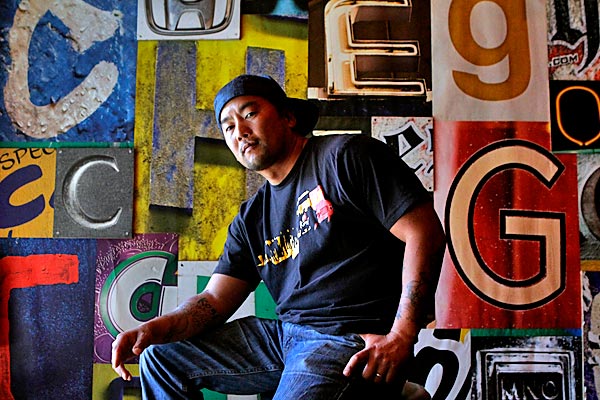Some feel that an exciting, underground culinary scene has become mainstream and obsessed with the bottom line.
LOS ANGELES, CA – Josh Hiller is fed up. As a partner in RoadStoves, the food truck outfitter that helped launch Kogi into the stratosphere, he thinks L.A.’s rapidly expanding new-wave food truck scene is getting out of hand.
“We tried to be very specific about the trucks we launched; we were looking for good business models and good food,” says Hiller of the months that followed Kogi’s launch 21/2 years ago and its unexpected success. At the time, Angelenos, united by Twitter, lined up for two hours or more to taste the truck’s signature Korean barbecue tacos.
“We got hundreds of calls, but we rejected 95% of the requests. The problem came when the other commissaries and truck owners saw money and basically just prostituted the whole culture. So what you ended up with was 15 so-so trucks parked on Mid-Wilshire, the city unhappy, a mediocre food product and all the truck owners cannibalizing each other’s business.”
Hiller is not alone in feeling that what was once an exciting, underground food scene driven by a punk rock aesthetic and an exploratory mentality is swiftly becoming a mainstream, bottom-line-obsessed maze of infighting and politics.
When Kogi started, there were only a few new-wave food trucks on the scene; now that number is hovering near 200, says Hiller. And where experimental entrepreneurs once dominated, corporate players such as Jack in the Box and Sizzler are entering the fray.
There are other issues too, including a wealth of copycat trucks and the sense that many entering the business have no culinary experience but expect to make a fortune.
That’s not to say that there isn’t a silver lining to the movement’s adolescence. Hiller, other truck owners and a ravenous public believe in the food truck’s promise — the realization of a street-food culture that unites a disparate city and encourages a community that lingers outdoors together over a plate of food. It’s a concept long understood by theloncheras, or taco trucks, that have operated for decades without stirring the beehive of debate that these flashy new trucks have generated.
Find the entire article <here>




